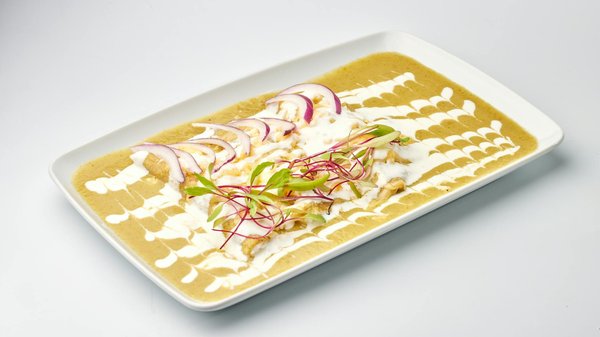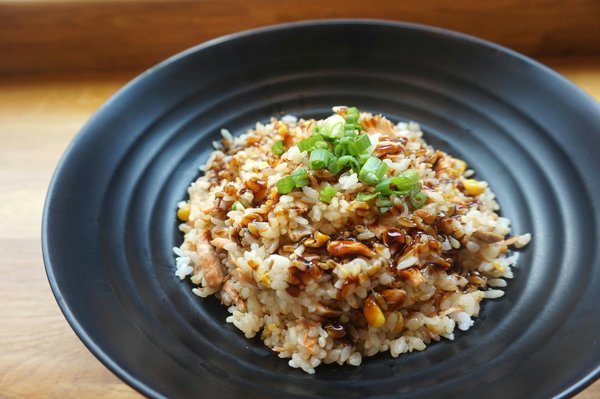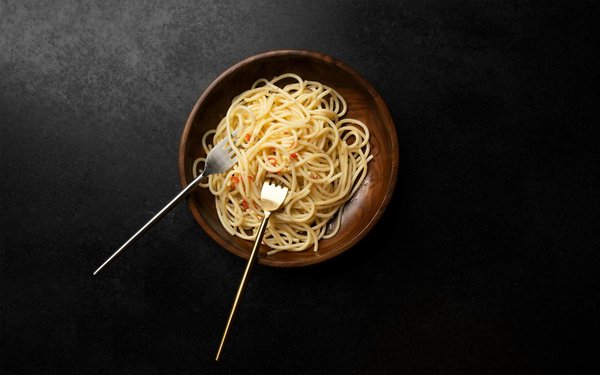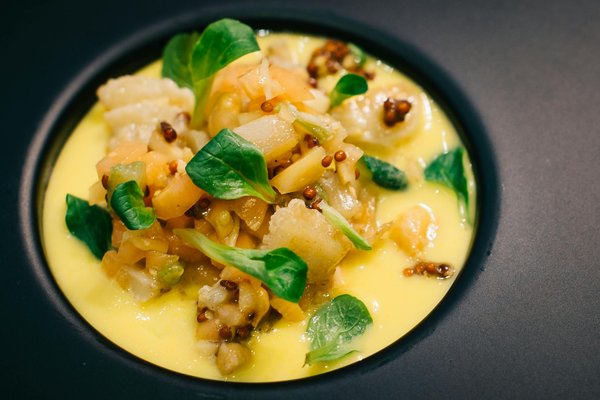Discover Your Next Read
From tech breakthroughs to fashion trends, explore categories designed for the curious mind
Automotive
Cars, vehicles and driving
Business
Business and economy
Cooking
Recipes and culinary arts
Finance & real estate
Finance, investment and property
Health
Health, wellness and wellbeing
Home & living
Home, decor and lifestyle
News
Latest news and current events
Pets
Pets, animals and companions
Sports
Sports, fitness and competition
Technology
Tech, gadgets and innovation
Woman / fashion
Fashion, beauty and lifestyle
Latest articles
Our recent publications

Harnessing AI for Revolutionary Fraud Detection in UK Finance Services
Fraud detection is a critical component in the realm of financial services. In the UK, where financi...

Harnessing AI's Potential: Game-Changing Benefits for Predictive Analytics in the UK Energy Industry
AI in predictive analytics has significantly reshaped the energy sector, providing innovative soluti...

How are UK automotive companies leveraging digital marketing?
In recent years, the UK automotive digital marketing sector has experienced a significant transforma...

What Are the Essential Steps for Setting Up an Automotive Business in the UK?
Starting an automotive business in the UK requires a clear understanding of the market's structure. ...

What Are the New Sustainability Challenges Facing the UK Automotive Industry?
The UK automotive regulation landscape is intensifying, posing significant sustainability challenges...

How Can UK Businesses Innovate to Maintain a Competitive Edge?
Effective business innovation UK hinges on cultivating an environment where creativity thrives. Impl...

How Can UK Businesses Leverage Innovation for Future Growth?
Innovation in UK business plays a pivotal role in sustaining competitiveness and driving business gr...

How Can British Dishes Transform Your Culinary Skills?
Delving into British cooking techniques starts with mastering core methods such as roasting, stewing...

What are some tips for making a delicious Welsh rarebit?
Selecting the best cheese for Welsh rarebit is foundational. Traditionally, a mature Cheddar offers ...

What are the best methods for preparing a hearty beef Wellington?
Creating a truly hearty beef Wellington hinges on mastering specific preparation techniques that bui...

How Can Real Estate Transactions Impact the Financial Health of the UK Economy?
Understanding the real estate impact on the UK economy is crucial for grasping how property transact...

How Can UK Real Estate Markets Adapt to Economic Challenges?
Understanding the economic challenges facing the UK real estate market is essential for anyone invol...

What are the benefits of investing in commercial vs residential properties in the UK?
Understanding the core differences between commercial vs residential property investment is essentia...

How can the NHS improve patient care with limited resources?
Improving NHS patient care while managing limited funds demands smart resource management and innova...

What Are the Impacts of Climate Change on the UK's Public Health System?
Climate change in the UK is driving significant shifts in environmental conditions, which have profo...

How Can You Transform Your UK Home for a More Cozy Living Experience?
Creating a cozy living room begins with simple swaps that offer immediate warmth and comfort. Start ...

What Are the Sustainable Practices You Can Implement in Your UK Home?
Starting your journey to a sustainable UK home can be simple with the right approach. Implementing q...

Why Do Home Lighting Choices Transform Our Living Spaces?
Lighting has a profound impact on the atmosphere of any living space. Proper home lighting effects c...

Ai essay grader: revolutionizing how assignments are assessed
The rise of digital tools in education has sparked a transformation in how assignments are evaluated...

Discover urban bivouac: your perfect hotel in paris
You step out of the metro, suitcase rolling behind you, and immediately feel it: this is not the pos...

Unlocking adventure: your guide to fontainebleau climbing
The Fontainebleau forest stands as Europe's premier bouldering destination, welcoming over 2 million...

How Can Pet Ownership in the UK Improve Mental Wellbeing?
Scientific studies conducted across the UK consistently highlight significant mental health benefits...

How Does Hosting Large Sports Events Impact Local UK Communities?
Large UK sports events often generate significant economic impact, starting with short-term boosts. ...

What impact does grassroots sports have on UK youth development?
Grassroots sports serve as the foundation of UK youth development, engaging children and teens in ac...

How Is Artificial Intelligence Evolving in the UK Tech Scene?
Recent AI advancements UK highlight a surge in innovative research and transformative projects resha...

How is the UK integrating AI into traditional industries?
AI adoption UK is accelerating across traditional sectors, reshaping long-established practices thro...

What Accessories Are Essential for UK Women's Fashion This Season?
This season's trending handbags in the UK showcase a mix of practicality and style, reflecting the d...

What Are the Emerging Trends in UK Women's Footwear Fashion?
Explore the UK women's shoe trends for 2024, highlighting the freshest looks shaping the footwear sc...

What Are the Most Underrated UK Women's Fashion Brands Today?
In today's dynamic fashion landscape, underrated UK fashion brands represent a refreshing alternativ...
Never Miss a Story
Get the latest articles, exclusive insights, and curated reads delivered straight to your inbox every week. Stay curious, stay informed.
Rejoindre →